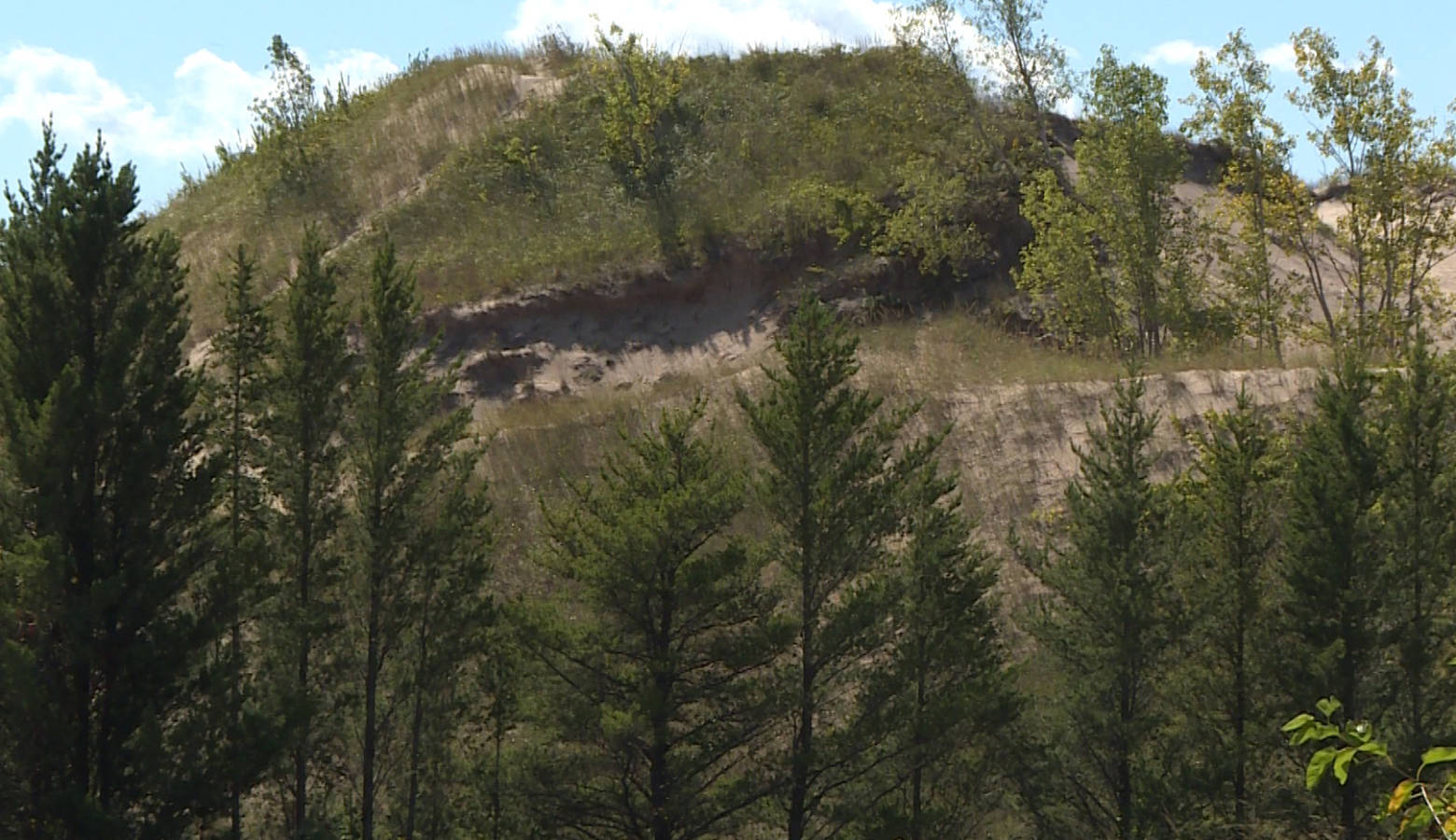NPCA: U.S. Steel Not Doing Enough To Protect Indiana Dunes National Park

A parks advocacy group says U.S. Steel’s revised consent decree doesn’t ensure protections for Indiana Dunes National Park. The agreement outlines how the company will make up for spilling 300 pounds of the cancer-causing chemical hexavalent chromium into a Lake Michigan waterway two years ago.
The National Parks Conservation Association joins the City of Chicago, the Surfrider Foundation, and more than a dozen Indiana groups who oppose a motion to approve U.S. Steel’s revised consent decree. The NPCA filed an legal brief stating its views last week.
They say the company hasn’t shown it will make the improvements needed to prevent spills or adequately inform the public when spills happen.
READ MORE: U.S. Steel Revises Plans To Atone For Its Spill, But Is It Enough?
Colin Deverell is the Midwest program manager with the NPCA. He says U.S. Steel’s multiple violations since the 2017 spill have shown its disregard for the health of the park and its visitors.
“With a national park in the backyard, it presents a higher level of scrutiny. We should be looking harder at these permits and what these companies are doing because they impact one of our national treasures,” Deverell says.
The revised decree also doesn’t increase the penalties for U.S. Steel. Deverell says higher fines could deter the company from future violations.
Contact Rebecca at rthiele@iu.edu or follow her on Twitter at @beckythiele.
Indiana Environmental reporting is supported by the Environmental Resilience Institute, an Indiana University Grand Challenge project developing Indiana-specific projections and informed responses to problems of environmental change.
